Stoyanova Lab News

Michelle Shen Receives VPUE Stanford Undergraduate Research Major Grant for her project entitled:
“Defining Novel Therapeutics for Advanced Neuroendocrine Prostate Cancer”
The goal if the project is to define new therapies for highly aggressive subtype of prostate cancer.
Congratulations Michelle!
Identification of a new driver and therapeutic target for a highly aggressive subtype of prostate cancer
Exciting new results from our lab identifying a new driver and therapeutic target for highly aggressive metastatic prostate cancer with neuroendocrine features are published in PNAS. Congratulations En-Chi!
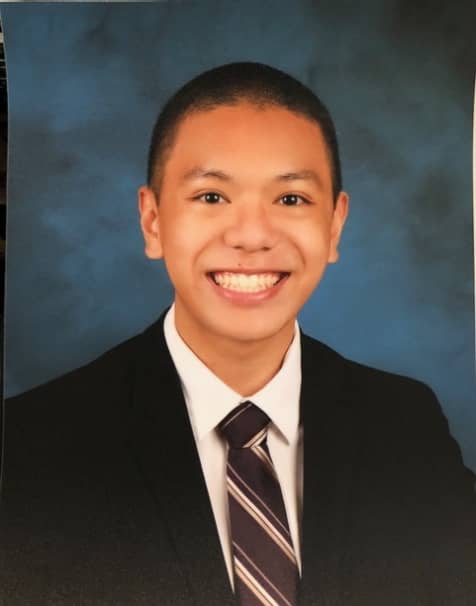
Jordan Lee, undergraduate student at Stanford, joins the lab. Welcome Jordan!
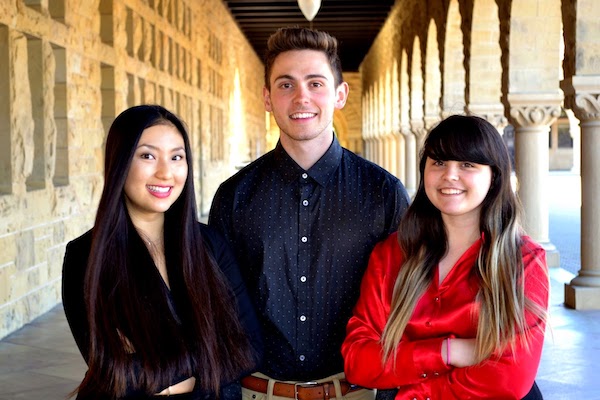
Exciting news: Mark Buckup and team awarded DEBUT Honorable Mention by the National Institute of Biomedical Imaging and Bioengineering (NIBIB)
Mark and his team receives Honorable Mention designation at the Design by Biomedical Undergraduate Teams (DEBUT) Competition hosted by the NIBIB and VentureWell. Congratulations!
Stoyanova lab launches it’s first manuscript
Excellent work by Stoyanova Lab, showing that loss of Notch1 activity inhibits prostate cancer growth and metastasis and sensitizes prostate cancer cells to anti-androgen therapies.
Dr. Ali Ghoochani, Postdoctoral Fellow in Stoyanova Lab awarded Department of Defense, Prostate Cancer Research Program, Early Investigator Award for his project
Dr. Ali Ghoochani, Postdoctoral Fellow in Stoyanova Lab awarded Department of Defense, Prostate Cancer Research Program, Early Investigator Award for his project title:
“Ferroptosis Induction is a Novel Therapeutic Strategy for Advanced Prostate Cancer”
The overall goal of the proposed research is to develop novel therapeutic strategies that improve outcomes for men with lethal prostate cancer. In the proposed research, we aim to assess the therapeutic potential of ferroptosis induction (Iron-dependent cell death) by erastin treatment in advanced prostate cancer. We will also evaluate the therapeutic potential of ferroptosis induction in combination with FDA approved second-generation anti-androgens Enzalutamide and Abiraterone. Additionally, we will investigate the molecular mechanisms through which ferroptosis induction affects prostate cancer. Completion of the proposed research will lead to the development of novel therapeutic strategies for advanced prostate cancer and thus significantly reduce mortalities associated with lethal prostate cancer.
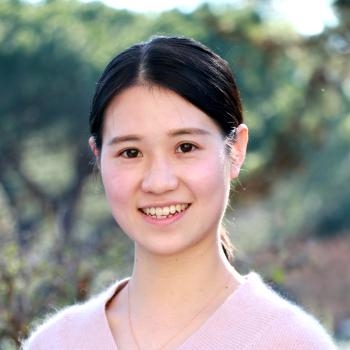
Welcome Dr. Shiqin Liu
The Stoyanova lab is excited to announce the addition of Postdoctoral Fellow, Dr. Shiqin Liu, to the team.
Welcome!
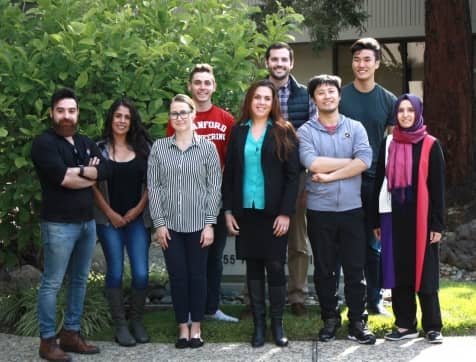
Stoyanova Lab awarded NCI Small Grants Program for Cancer Research award for the project titled:
Stoyanova Lab awarded NCI Small Grants Program for Cancer Research award for the project titled:
“Elucidating novel mechanisms underlying prostate cancer development”
The major goals of the proposed project are to define novel mechanisms through which Trop2 contributes to the development of advanced prostate cancer. The study will also develop new the therapeutic strategies to target Trop2 activity. Completion of the proposed research will give us insights into new mechanisms underlying the development of aggressive prostate cancer and open novel avenues for therapeutic intervention.
Congratulations!
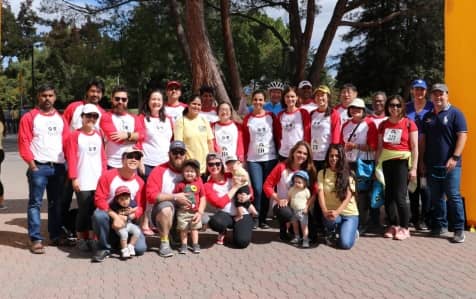
2018 Canary Challenge Fundraiser
Thank you to everyone who came out to support the important cause of cancer early detection. Together, the Canary Center Team raised over $30,000 this year at the 2018 Canary Challenge. We are overjoyed at this achievement and are grateful for everyone’s committment.
Thank you and Congratulations to all participants and volunteers!
Please visit www.canarychallenge.com to obtain more information.
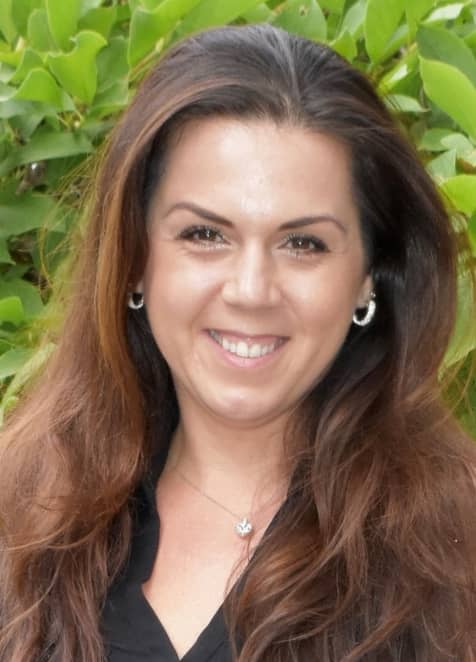
Stoyanova Lab awarded Department of Defense, Prostate Cancer Research Program, Idea Development Award for project title:
Stoyanova Lab awarded Department of Defense, Prostate Cancer Research Program, Idea Development Award for project title:
“Trop2 as a novel driver and therapeutic target for castration-resistant prostate cancer”
The proposed research aims to define new drives and therapeutic targets for advanced prostate cancer. We have recently demonstrated that cell surface protein, Trop2, represents a new promising therapeutic target for advanced prostate cancer. The proposed project will evaluate novel strategies to target Trop2 in aggressive prostate cancer. Identifying new therapeutic strategies and pathways and mechanisms that contribute to the development of aggressive prostate cancer will significantly advance the field of prostate cancer research.
Congratulations!
